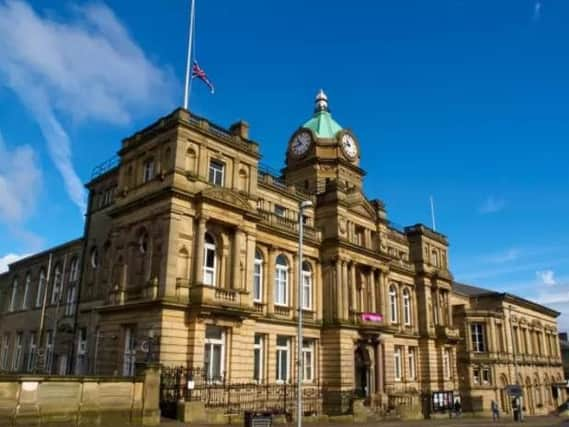Council Tax increase in Burnley


Burnley Borough Council chiefs announced the increase which they said were a response to spending power reductions imposed on the council significantly above the national average.
The proposed budget would see Burnley Council working to the limit set nationally, which would mean an increase in household council tax bills of 2.99%.
Advertisement
Hide AdAdvertisement
Hide AdThe council tax increase for Band A properties which are the majority of households in the borough, will be 11p per week.
The main ‘grant’ which the council receives from Whitehall – the Revenue Support Grant – is reducing by £550,000.
Council leader Coun. Mark Townsend said: “The annual budget setting process continues to be very challenging. This is largely the result of changes to local government budget rules and cash reductions imposed by central government.
“These changes have a disproportionate and negative impact on parts of northern England, and small industrial district areas like Burnley are particularly affected.
Advertisement
Hide AdAdvertisement
Hide Ad“Reports to councillors show how year on year, Burnley Council is facing spending power reductions significantly above the national average.
“This is not fair, and the council leadership will continue to argue for a fairer system of funding.
“Over the last six years the council has had to make savings of £10.2m. in response to Government imposed austerity and a further £3.2m. is required over the next three years to balance the books.
“This is the equivalent of 21% of our £15.1m. net revenue budget for 2018/19.
Advertisement
Hide AdAdvertisement
Hide Ad“While increasing Council Tax is not something we would wish to do, it is unavoidable if we are to maintain sustainable services in the face of the savage and unrelenting cuts we face year on year from central Government.”
The full council tax bill for a household is made up of the Burnley Council element, and also of payments to Lancashire County Council, the police, fire authority and – in areas with a town or parish council – a ‘precept’ to cover their running costs.